CEO Expectations of a Director of Development
Did you know the national average for a director of development’s tenure with a nonprofit is only 18 months? Why would such a critical hire have such an alarming turnover rate? I believe much of it has to do with expectations…
A well-trained director of development is difficult to locate and recruit. There are very few ways for people to learn the art and science of fundraising apart from simply the hard knocks of experience. Indiana University is one of a few educational institutions offering a degree in philanthropy.
Most nonprofits have development officers who have been hired because of their background in either communications or marketing. The sad fact is, this does not provide the skills necessary to be an excellent fundraiser. This often becomes all too clear within about 18 months.
Now this door can swing both ways. It’s quite possible that a fully qualified director of development may very well determine the circumstances of their employment did not match their expectations and so, after about 18 months they move on to another opportunity.
In my experience, about 30+ years’ worth, I’ve seen more than my share of disappointed employers as well as employees for this very important position. As I mentioned earlier, I think much of the issue with high turnover for this position is a matter of expectations.
Most CEO’s I’ve spoken with, over the years, have approached the hiring of a director of development with the expectation that they will go out and raise most of the funds necessary to keep the ship afloat. Alas, this is usually not the case. Again, my experience indicates that a good director of development is not only hard to find, but the other problem is, no one person can do what many CEO’s are looking for. Wherever I’ve seen success in hiring and retaining a good director, there has been an extensive amount of on-the-job training. This requires a significant amount of patience on the part of the organization. Trial and error is a difficult way to learn anything, not to mention the cost to the nonprofit.
The best scenario I have witnessed has usually involved some kind of mentoring by a fundraising mentor or firm. This process not only speeds the learning curve but it protects the organization from the high price of costly mistakes (usually the fundraising counsel can pay for their entire year’s cost in a matter of weeks or months). So if you’re currently looking for a high performing director of development, you may want to factor in the cost of training as well. I think you’ll be pleased with the results and retain your well-trained employee for several years.
Let me, just for a moment, return to the issue of hiring a person with marketing or communications training. These are generally good people with a passion for your mission. The trouble is, these two disciplines do not adequately prepare a person for the special skills required for fundraising. All is not lost, however. If you have just hired someone with these credentials, there is still hope. What matters most is their self-awareness and attitude. If they can acknowledge the differences between their discipline and fundraising, you’re off to a good start. I encourage you to bring in a mentor or fundraising firm to stand beside them and reorient them toward the intricacies of a career in philanthropy. Some of the best words I’ve ever heard from a person with a marketing background are, “I know marketing, but I’m not a fundraiser. I need help.” This tells me this is a person who is willing to learn an entirely new discipline.
If you are able to set your expectations according to the realities cited above, budget for not only a director of development but also for counsel. You will be greatly pleased with the outcome and enjoy the fruits of their labor for many years to come.
Our team is happy to help advise you on what strategy may work best for your organization, but you’ll never know unless you try.
Related articles
-

The Value of “Trust”
In any fundraising effort, the crux of every invitation to donate is based on trust. Trust that the organization’s leadership…
-

Slowing the Revolving Door in the Development Office
“The person I just met with was asking for funds for a ministry that he said is the most important…
-

A Word of Encouragement to the Development Committee of Your Board
If you find yourself on the Development Committee of your Board of Trustees, you are in a very powerful position.…






